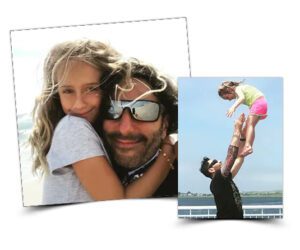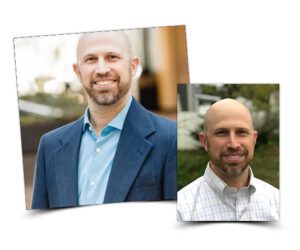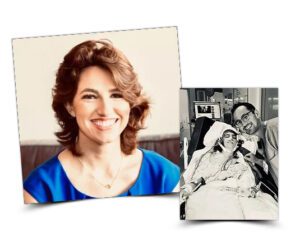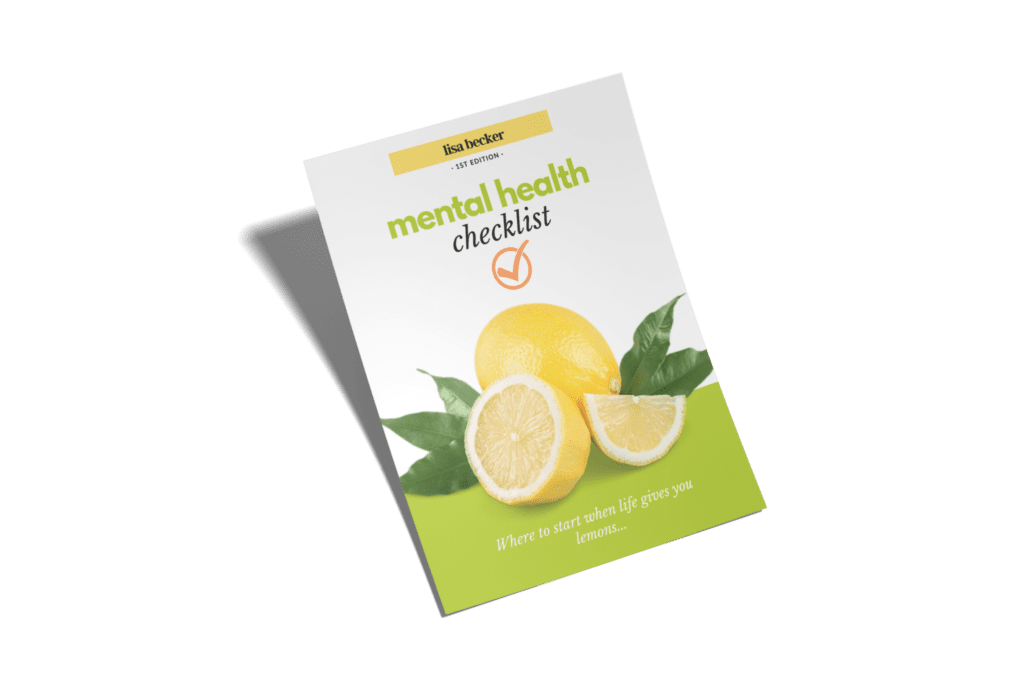Hi, i’m Joshua.
Many of my struggles finally made sense after a psychologist diagnosed me with ADHD
my junior year in high school.
I feel grateful to generally have had a great childhood. I had loving parents, plenty of close friends, and found the early years of school to be relatively easy. However, in middle school, I started to run into trouble. Suddenly, the teachers expected students to show up to their classrooms on time and with all the required books, calculators, and completed homework. Even though I found the academic work easy to comprehend, I found keeping track of everything very hard.
In 7th grade alone, I had 13 hours of detention for tardiness to class. I also constantly lost points for turning in homework late, leaving it at home, or doing the wrong assignment. Sometimes I even did the assignment, knew I had it with me, but could not locate it in my mess of a backpack or locker. Even though I was a straight A student in elementary school and in the gifted and talented program, my grades started to drop. I found school incredibly effortful and frustrating. I seemed to miss much of what teachers said in class, until they randomly called on me and I realized in that moment that my mind was elsewhere.
My parents found a lot of broken pencils around my desk at home after my solitary battles with homework, struggling to focus. My parents were baffled. At times, they questioned my motivation. Did I not want to do well? At other times, they just seemed to shake their head in confusion and feel bad for me. Frequently, my mom went above and beyond to help, sometimes driving 30 minutes to the middle school when she found a book, an assignment, or even my lunch bag left at home. She advocated for me with teachers, sometimes getting me a second chance with assignments. Nevertheless, my parents let me know about their frustrations with me and I had no answers.
The problems were not restricted to school work. I frequently was in trouble for not completing my chores. I would start some chore a parent asked me to do and then somehow magically find myself doing something else midway through. I was not entirely sure what happened when they later asked why the dishes were only half done, or why I had taken the trash out a day late two weeks in a row. These repeated occurrences took a toll on my concept of myself. I felt insecure about my abilities as a student and that I constantly letting my parents down.
Fortunately, my parents did not give up on me. My mom consistently let me know that she believed I had the ability to do better, even when I told her otherwise. Living in York, PA in the 80’s and 90’s, nobody ever spoke about learning disabilities and we had never even heard of ADHD at that time. Nevertheless, my mother knew something did not fit. She dragged me kicking and screaming to a psychologist’s office about an hour away in Baltimore. After speaking separately to me and my parents, the psychologist, Dr. Otterbein, gave me a couple hours of tests and then we went home.
I remember that I refused to join my parents when they returned to Dr. Otterbein’s office several days later to hear the results of the evaluation. Fortunately, my parents recorded the meeting. While alone in my room, I listened to the cassette tape (it was the early ‘90s), and was blown away by how well the psychologist could explain my way of functioning in the world, all from those silly tests! He described how my brain could solve challenging problems, but had great difficulty staying on task and filtering out distraction. He gave this problem a name, which at the time was ADD, now known as ADHD-Predominantly Inattentive Type. I heard him explain to my parents how my cognitive profile accounted for how frequently I lose points on math tests for forgetting to carry the 1, and take twice as long as my friends to complete a simple assignment, and lose my soccer bag for 11 th time, etc. I choked up as I finally felt understood. To have Dr. Otterbein explain ADD to my parents so that they too could eventually understand meant the world to me. The message he gave me was, “There is nothing wrong with you as a person, you just have a different kind of brain. So, you have to do things differently.”
I took the advice concretely. The rest of high school, I studied much more than my friends, but in short 15-minute bursts with breaks in between. I studied walking around and wrote papers standing up. I benefitted from taking Ritalin. Teachers had never heard of ADHD. So, when I asked for extra time, they politely denied it. However, a few were willing to help me after school when I came in asking them to explain something they had likely already said in class. None of it felt easy, but for the first time in a long time, putting the effort into school felt worthwhile.
My grades shot up and I was admitted into my reach school for college. I did not feel that I belonged there, but continued to follow Dr. Otterbein’s advice and do things differently. For instance, I was the only guy I knew who carried his desktop to the library multiple times per week to write papers because I could not focus in the dorms (nobody had laptops then). I am sure people thought I was odd, but I made the dean’s list all four years and was inducted into the Phi Beta Kappa Honor Society. After college, I was accepted into graduate school with a full scholarship, followed by a postdoctoral fellowship in neuropsychology. Before my diagnosis and treatment, I never would have thought a career that required so much academically would be possible for me.
At present, I have the honor of working with people as a psychologist, helping them to understand themselves and use their unique brains to move in the direction of what they value in life. I still have a different brain and still do things differently. Though I have not taken medication for more than a couple decades, my strategies and practices work well for me. I am constantly molding my daily life to fit with how my brain functions and continue to have great support from others. I am grateful that life handed me this lemon, because it led to the career path I took and the many opportunities I now have to serve others.
Sharing pieces of my story will hopefully help people with neurologically based learning issues to see themselves as somewhat different, but capable if they do things differently. People with various types of invisible disabilities, if not properly understood and supported, may feel alone and blamed for their problems. The challenges of disabilities are often big enough without the added suffering from internalized self-blame. My hope for those with disabilities is that they come to understand themselves, learn to work with the challenges posed to them, and find a way to get what they want in
life.







